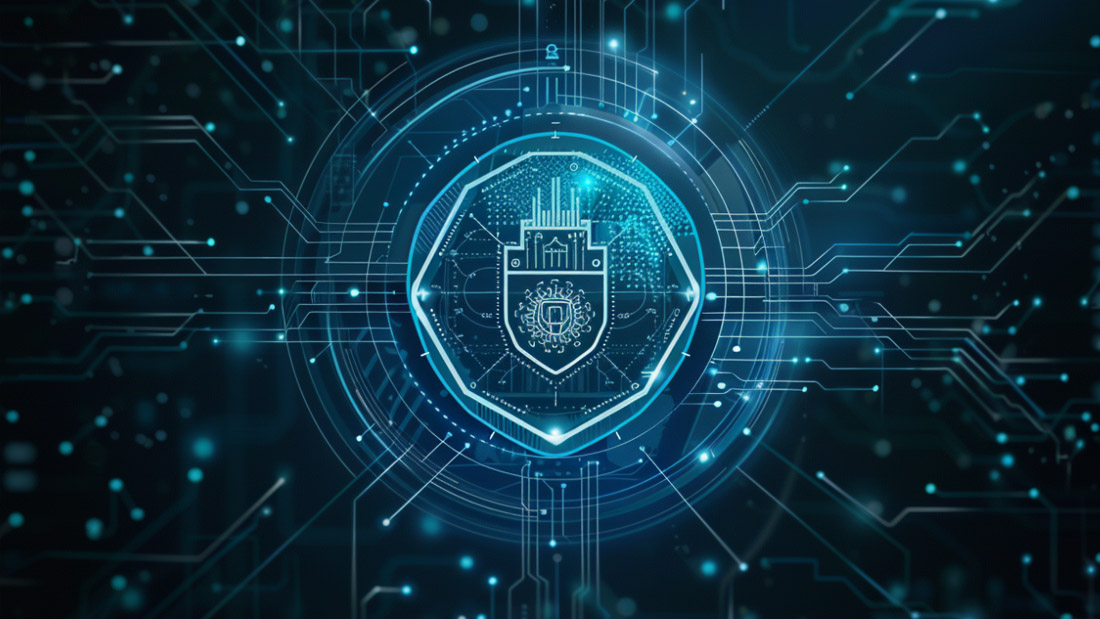Protecting Your Digital Identity
November 28, 2023
Go back to "News & Updates"

Introduction
In our digital age, a significant part of our lives is online. From social interactions to financial transactions, our digital identity represents who we are in the virtual world. As such, protecting this identity is crucial to safeguard our personal information, finances, and reputation. This article will guide you through understanding what makes up your digital identity, the risks associated with it, and effective strategies to protect it.
Understanding Your Digital Identity
Your digital identity is a combination of all the data and information associated with your online presence. This includes personal details like your name, address, and date of birth, as well as your online behavior, preferences, and communications. Understanding the scope of your digital identity is the first step in protecting it.
Risks to Your Digital Identity
The digital world is fraught with risks such as identity theft, phishing scams, and data breaches. These risks can lead to financial loss, damage to your reputation, and even legal issues. Being aware of these threats and how they can affect you is crucial in the digital landscape.
Key Strategies to Protect Your Digital Identity
Password Management
One of the simplest yet most effective ways to protect your online accounts is through strong, unique passwords. Using a password manager can help you maintain a robust set of passwords without the risk of forgetting them.
Two-Factor Authentication
Add an extra layer of security to your accounts with two-factor authentication (2FA). This usually involves receiving a code on your phone or email, which you must enter along with your password.
Regular Monitoring and Updates
Regularly monitor your account activities and keep your software up to date. This helps in identifying any unusual activities and protecting against vulnerabilities.
Being Aware of Phishing Scams
Learn to identify phishing attempts. These are fraudulent practices where scammers try to trick you into giving away personal information.
Secure Internet Practices
Use a Virtual Private Network (VPN) for a secure internet connection, especially on public Wi-Fi. Be cautious about the information you share online.
What to Do If Your Digital Identity is Compromised
If you suspect your digital identity has been compromised, act immediately. Change your passwords, notify your bank and other relevant institutions, and consider seeking help from identity theft protection services. Document everything and report the incident to the authorities.











